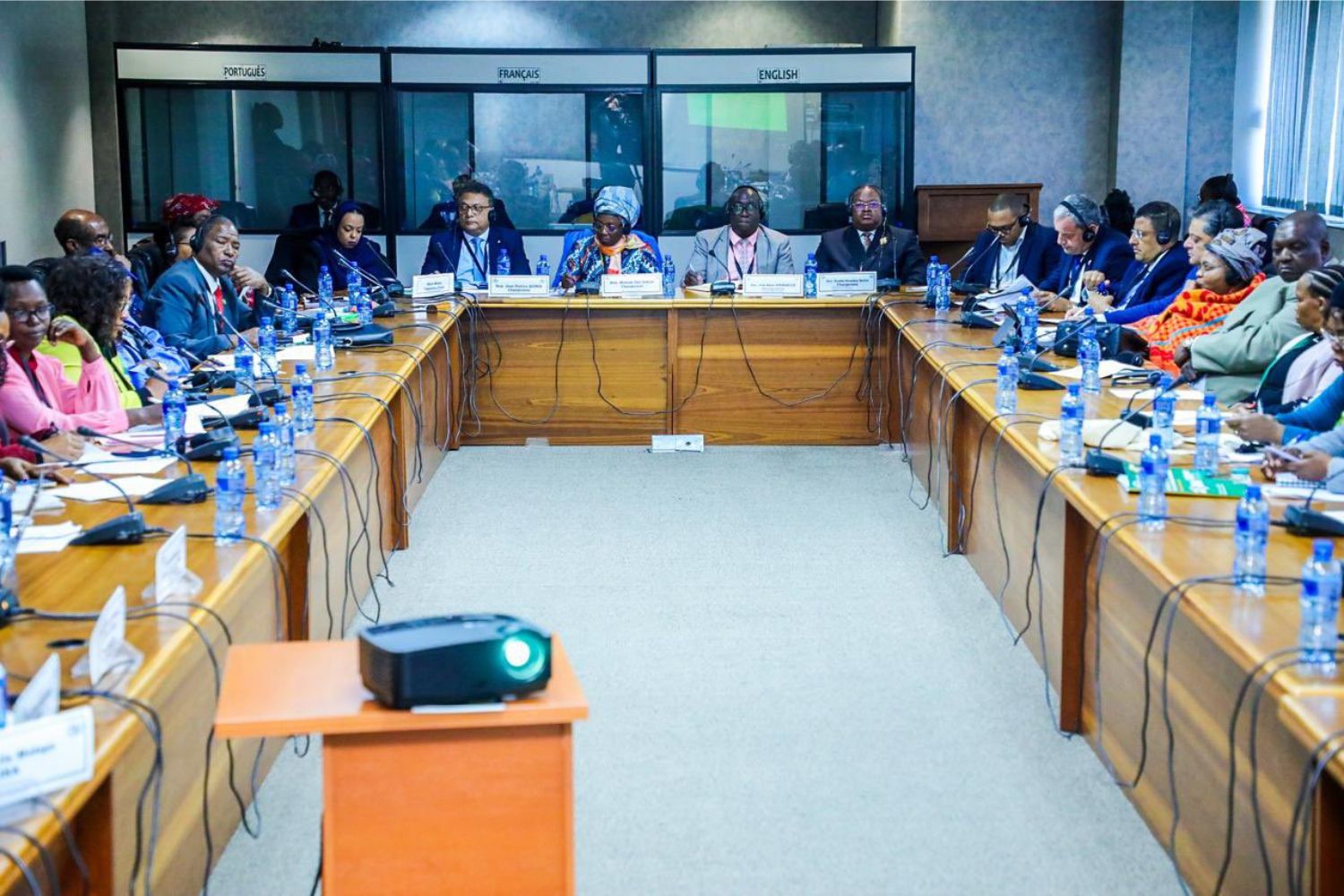China’s Belt and Road Initiative (BRI) has seen significant progress with the recent handover of operations for two major railway projects in Africa. These projects encompass the Addis Ababa-Djibouti Railway and the Mombasa-Nairobi Standard Gauge Railway.
The handover marked a pivotal moment in Sino-African relations, which has highlighted China’s commitment to fostering local ownership and capacity-building in host countries. However, observers note that while these moves are part of China’s localisation strategy, they come with nuanced limitations regarding the transfer of critical technical knowledge.
Sino-Africa relations have blossomed into a multifaceted partnership characterised by robust economic, political, and cultural exchanges. China has emerged as a key investor and development partner across the African continent, driving significant infrastructure projects through its Belt and Road Initiative. This collaboration has led to the construction of roads, railways, and ports, enhancing connectivity and economic growth.
The Addis Ababa-Djibouti Railway and the Mombasa-Nairobi Standard Gauge Railway represent key infrastructural investments under the Belt and Road Initiative. These projects, initially operated by Chinese firms, have now been officially handed over to local operators in Ethiopia, Djibouti, and Kenya. This handover is a significant step towards enhancing local capacity and ensuring sustainable operation and management of these crucial transport links.
The Addis Ababa-Djibouti Railway stretches over 750 kilometres, connecting Ethiopia’s capital, Addis Ababa, with the strategic port of Djibouti. Completed in 2016, it has been instrumental in boosting trade and economic integration in the region. The handover to Ethiopian and Djiboutian operators symbolises a shift towards greater local control and operational responsibility.
On the other hand, the Mombasa-Nairobi Standard Gauge Railway, covers a distance of approximately 480 kilometres, this railway connects Kenya’s coastal city of Mombasa with its capital, Nairobi. Since its inauguration in 2017, it has significantly reduced travel time and transportation costs, fostering economic growth and regional connectivity. The transition of operations to Kenyan authorities marks a critical step in localising the benefits of this major infrastructure project.

The handover of these railway projects is
a cornerstone of China’s broader localisation strategy within the Belt and Road Initiative. By training local workers and gradually transferring operational responsibilities, China aims to foster sustainable development and empower host countries. This strategy is designed to ensure that African nations not only benefit from improved infrastructure but also develop the necessary skills and expertise to manage these projects independently.
Over the years, Chinese operators have invested significantly in training local workers, focusing on various aspects of railway management, including technical operations, maintenance, and safety protocols. Thousands of African engineers and technicians have received training, both in their home countries and in China, to build a competent workforce capable of sustaining the railways’ operations.
Despite the progress in localisation, observers have noted that the transfer of key technical knowledge remains limited. Critical aspects of railway technology, particularly those related to advanced engineering, high-tech maintenance, and strategic decision-making, often remain under the purview of Chinese experts. This selective knowledge transfer is viewed as a strategy to safeguard China’s continued involvement in future projects and maintain a degree of control over the technological aspects of these ventures.
By retaining critical expertise, Chinese firms ensure that they remain indispensable partners for ongoing support, upgrades, and future expansions of these railway projects. This approach creates a form of dependency, where host countries continue to rely on Chinese technology and expertise for certain high-level functions and troubleshooting.
The handover of railway operations to local authorities has significant economic and strategic implications for both China and the African countries involved. For African nations, gaining control over these vital infrastructure projects means greater sovereignty and the potential for more significant economic benefits. Despite the flourishing economic ties and infrastructure investments between China and Africa, there is a growing sense of scepticism amongst some African communities regarding China’s intentions, drawing parallels to past experiences with colonialism.
Critics argue that China’s extensive influence and the debt associated with large-scale projects could lead to a new form of economic dependency, reminiscent of colonial exploitation. Concerns are raised about the lack of transparency, environmental impacts, and the displacement of local businesses and workers by Chinese enterprises. This scepticism highlights the need for African nations to navigate these partnerships carefully for long-term autonomy.
For China, this transition underscores its role as a developmental partner rather than merely an investor. By promoting local ownership, China aims to strengthen diplomatic and economic ties with African nations, fostering goodwill and long-term cooperation. However, the retention of critical knowledge ensures that Chinese firms remain crucial players in the region’s infrastructural development.
The handovers set a precedent for future BRI projects, demonstrating a model where infrastructural investments lead to tangible local empowerment and capacity building. If successful, this approach could be replicated in other regions, reinforcing the Belt and Road Initiative’s goals of fostering global development and connectivity.
China-Africa relations within the BRICS framework have been pivotal in fostering economic cooperation, development, and multilateralism. As a prominent member of BRICS, China leverages its position to promote collaborative projects and investments in Africa, focusing on infrastructure, technology transfer, and sustainable development. These initiatives aim to boost Africa’s economic integration and industrialisation, aligning with BRICS’ broader goals of enhancing global south cooperation and reducing dependency on Western financial systems.
Through BRICS, China advocates for greater African representation in global governance and works with other member countries to address shared challenges, thereby reinforcing a strategic partnership that is mutually beneficial and geared towards collective growth and resilience. The handover of the Addis Ababa-Djibouti Railway and the Mombasa-Nairobi Standard Gauge Railway to local operators marks a significant milestone in China’s Belt and Road Initiative.
This transition highlights China’s commitment to localising benefits and building capacity within host countries. However, the nuanced retention of critical technical knowledge suggests a balanced approach to ensure continued collaboration and mutual dependency. As these countries take control of their railway operations, the focus will be on sustaining and expanding these critical infrastructure assets to drive long-term economic growth and regional integration.
ALSO READ: UAE launches ambitious project to Create 3D maps of mineral and renewable resources













